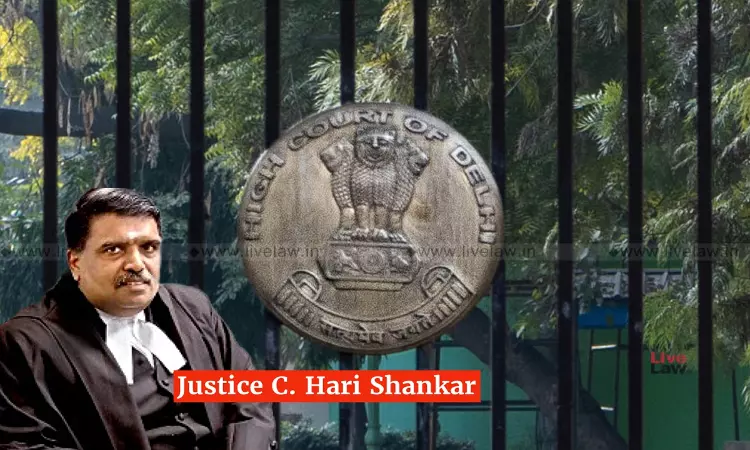Non-Signatories Can Be Included In Arbitration Beyond Group Company Ties: Delhi High Court
Rajesh Kumar
25 July 2024 11:15 AM IST

Next Story
25 July 2024 11:15 AM IST
The Delhi High Court bench of Justice C. Hari Shankar has held the inclusion of a non-signatory in arbitral proceedings is not solely dependent on the non-signatory being part of the same group of companies as the signatory.The bench further clarified that a non-signatory can be included in arbitration if there is a contractual relationship that makes the non-signatory partially or...
